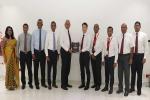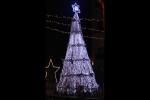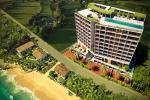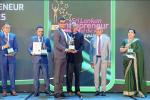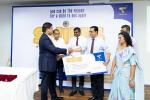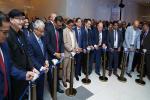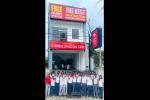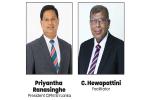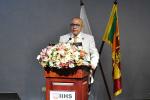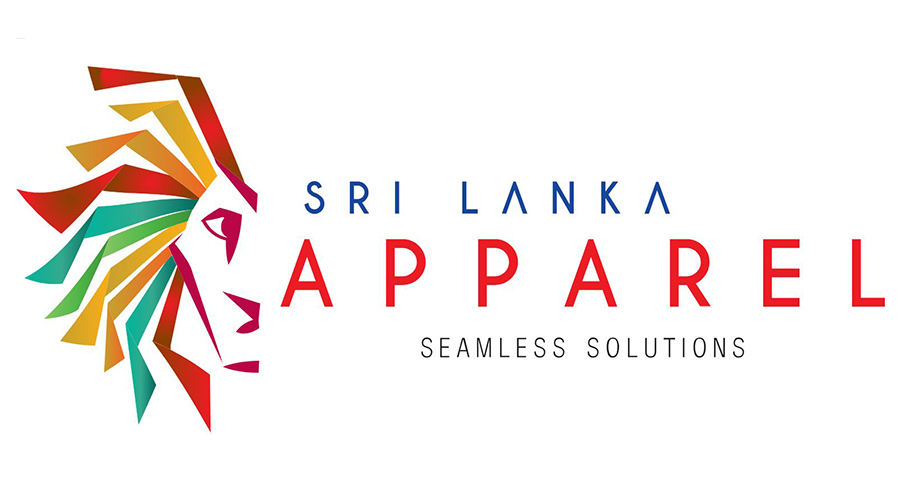JAAF specifically welcomes the revisions made to the off-peak industrial electricity tariffs, as tariff revisions that occurred in mid-2022 and earlier this year overlooked industry submissions and concerns, severely increasing costs of operation, risking unemployment in off-peak hours, hampering the apparel industry’s competition in the region and overall sustainability.
In 2022, the off-peak rate increased from LKR 6.58/ kWh to LKR 15/ kWh.
Earlier this year, an off-peak increase of LKR 34/kWh from LKR 15 was initiated which resulted in a 400% increase in electricity tariff rates in just 12 months.
As highlighted in the JAAF submissions to the PUCSL last week, Sri Lanka had one of the highest industrial tariffs in the region.
This posed a significant threat to the industry’s competitiveness in the region and ability to attract investors at a time the island’s economy is in dire need of foreign exchange.
Therefore, the industry commends the electricity regulators' decision to reduce the industrial tariff including the off-peak industry electricity tariff to 29/kWh, allowing the industry to sustain off-peak operations and employment.
The new revisions have reduced overall industry electricity tariff rates by around 9%.
While JAAF commends this move, the industry is hopeful that the electricity regulator would consider higher industrial electricity tariff reductions as the export performance of the apparel industry has taken a massive hit due to a sharp fall in orders given the adverse conditions of the global market.
With export earnings from apparel and textile decreasing by 14.55% in May 2023, the industry can benefit from a further reduction in costs of operations with reduced industrial electricity tariff rates.
This is also a key component in regaining the industry’s competitiveness in the region that took a hit amidst repeated electricity tariff hikes since last year.
Sri Lanka needs to offer its investors a competitive tariff if we are to sustain existing investments and attract new ones.
As highlighted by JAAF on numerous occasions, the Ceylon Electricity Board (CEB) which is the electricity transmitter and distributor must urgently scale up the commissioning of large scale renewable energy projects, to meet the government’s objective of producing 70% of the country’s energy from renewable sources by 2030.
This needs to be coupled with approval for power wheeling.
The latter will be a catalyst for private sector investment in renewable energy, allowing industries to work with private power companies to secure requirements of power, independent of the CEB generation.
This will then decrease the burden on CEB, enabling the SOE to lower consumer prices setting the premise to drive down high costs of generation and attract foreign investments through increased competition.

